
Panic Attacks And Anxiety Have Been Linked To Certain Vitamin And Mineral Deficiencies
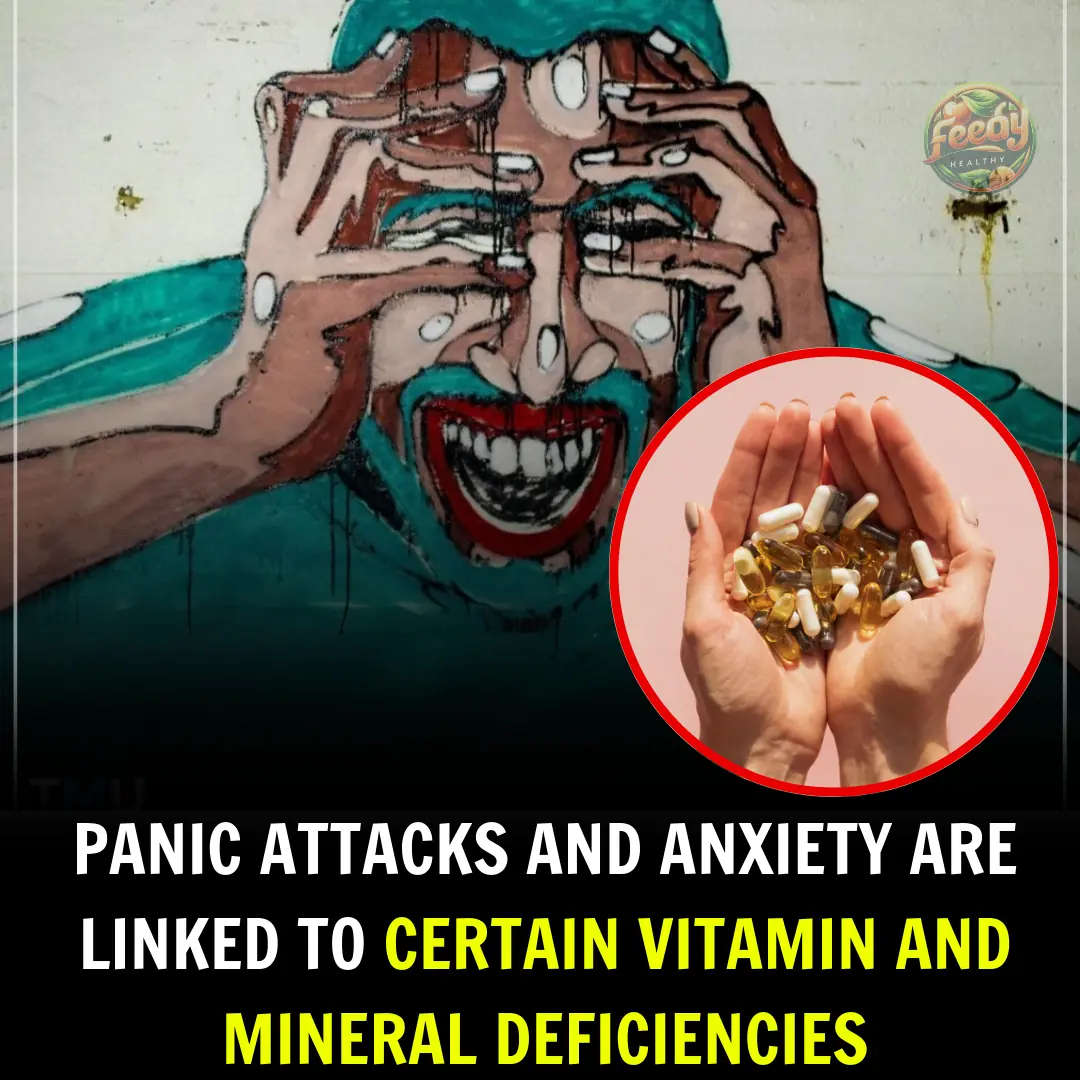
Anxiety is something we all feel at one time or another—whether it’s the jitters before a big presentation, the butterflies when meeting someone new, or the scramble of trying to juggle a thousand errands. A little anxiety can actually be our brain’s quirky way of keeping us alert. But for some folks, anxiety isn’t just a passing visitor. It can evolve into something overwhelming that makes even the simplest daily tasks seem like climbing a mountain.
Could Vitamin Deficiencies Be Fueling Your Anxiety? A New Study Suggests So
We’ve all experienced anxiety—from the nerves before a big presentation to the stress of rushing through a packed day. A bit of anxiety is perfectly normal and even helpful at times. It sharpens our focus, boosts our alertness, and helps us handle challenges.
But for millions of people, anxiety doesn’t come and go. It lingers, builds, and becomes overwhelming. It’s not just about feeling nervous—it’s about feeling trapped in constant worry. And in some cases, anxiety spirals into panic attacks that seem to strike out of nowhere.
When Everyday Stress Becomes a Daily Struggle
For some, anxiety goes beyond occasional discomfort. Conditions like Generalized Anxiety Disorder (GAD) and panic disorder affect nearly 13 million adults in the U.S. alone. These individuals often experience relentless, uncontrollable fear over everyday situations—fear that doesn't simply go away with a deep breath or a pep talk.
In cases of panic disorder, anxiety can trigger intense physical reactions—racing heart, trembling, shortness of breath, and chest tightness. These attacks can feel so severe that many mistake them for life-threatening emergencies, often ending up in the ER.
What’s worse? These episodes often occur without warning. The unpredictability adds another layer of fear: the fear of when the next attack might hit.
But now, researchers may have uncovered a surprising piece of the puzzle—and it starts with what’s on your plate.
The Surprising Link Between Nutrition and Panic Attacks
While anxiety has many causes—genetics, environment, brain chemistry—a new study out of Okayama University points to something often overlooked: nutritional deficiencies.
Researchers focused on people who had experienced severe panic attacks or hyperventilation episodes. After analyzing their bloodwork, they found something striking—those individuals had significantly lower levels of vitamin B6 and iron compared to healthy individuals.
So what’s the connection?
Both vitamin B6 and iron play key roles in the production of serotonin, a neurotransmitter that helps regulate mood and calm the nervous system. Without enough of these nutrients, your brain struggles to maintain emotional balance—making it easier for anxiety and panic to take hold.
This discovery doesn’t mean a supplement alone will cure panic attacks—but it does open a new path toward prevention and management. And it offers hope for people struggling with anxiety that there may be more to healing than therapy and medication alone.
Simple Tips to Support Your Mental Health Naturally
If anxiety is affecting your daily life, there are small, practical steps you can take to support your mental well-being—starting with your nutrition and daily habits.
🥦 1. Nourish Your Brain with the Right Foods
Incorporate vitamin B6-rich foods like fish, bananas, spinach, and poultry into your diet. Pair them with iron-rich options like lentils, red meat, and leafy greens. These nutrients work together to keep serotonin levels in balance and stabilize your mood.
🌬️ 2. Practice Calming Breathwork
When anxiety creeps in, pause for a few deep, slow breaths. Breathe in through your nose for 4 seconds, hold for 4, then exhale slowly through your mouth. Repeat. This simple technique can interrupt anxious thoughts and calm your nervous system.
🚶♂️ 3. Move Your Body Daily
Exercise is a powerful stress reliever. Even a 15-minute walk can release feel-good endorphins that ease anxiety and lift your mood. No gym required—just get moving.
📖 4. Create a Wind-Down Ritual
End your day with a calming activity: journal your thoughts, read something light, or listen to relaxing music. A peaceful bedtime routine can help your mind unwind and improve sleep—a key player in emotional resilience.
💬 5. Reach Out When It Feels Too Much
There’s no shame in asking for help. If anxiety is taking over your life, talking to a therapist or support group can make a world of difference. Sometimes, being heard is the first step to healing.
Why This Research Matters
The findings from Okayama University could be a game-changer for how we approach anxiety. If deficiencies in vitamin B6 and iron can increase the risk of panic attacks, then addressing these imbalances might help reduce both their frequency and intensity.
It’s not a magic bullet, but it’s a meaningful step forward—especially for those who haven’t found relief through traditional methods alone.
This insight gives us more tools in the fight against anxiety and reminds us that mental health is deeply connected to whole-body wellness. Supporting your nervous system through nutrition may be one of the most natural and powerful ways to ease anxiety from the inside out.
A New Chapter in Mental Health Awareness
As science continues to uncover the many layers of anxiety, this research shines a light on a hopeful possibility: that the road to calm may begin not just in the mind, but also in the body.
And sometimes, the smallest changes—like what you eat—can make the biggest difference in how you feel.
News in the same category


Doctors Gave Up, But a Woman Recovered from Cancer by Drinking Ginger and Honey

The Hidden Link Between Air Pollution, Alzheimer’s, and Cancer — And the Dust in Your Home
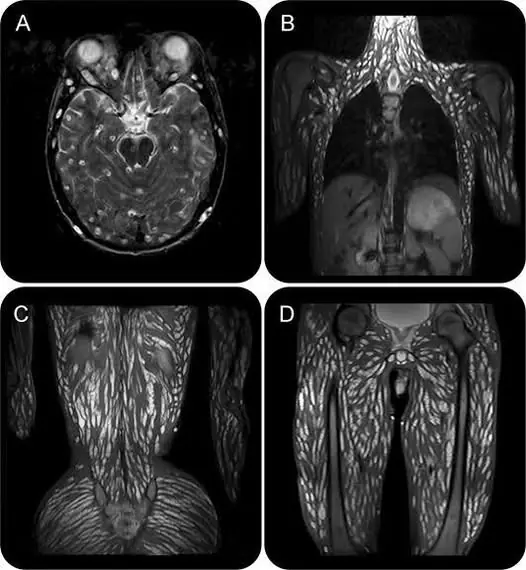
The Hidden Danger in Your Pork: What You Need to Know Before You Eat!

Doctor Warns of SKIN CANCER From MOLES That Spread Rapidly: If You Have 1 of These 11 Signs, Get Checked Immediately

8 Unexpected Signs You Could Be Lactose Intolerant

Is Drinking Water First Thing in the Morning Beneficial?

Don’t Throw Away Damaged Tomatoes

Remember: The kitchen is closely linked to your health!

17-Year-Old Girl Hospitalized with Kidney Failure, Must Undergo Dialysis for Life: Doctors Warn Against 3 Common Habits Among Youth
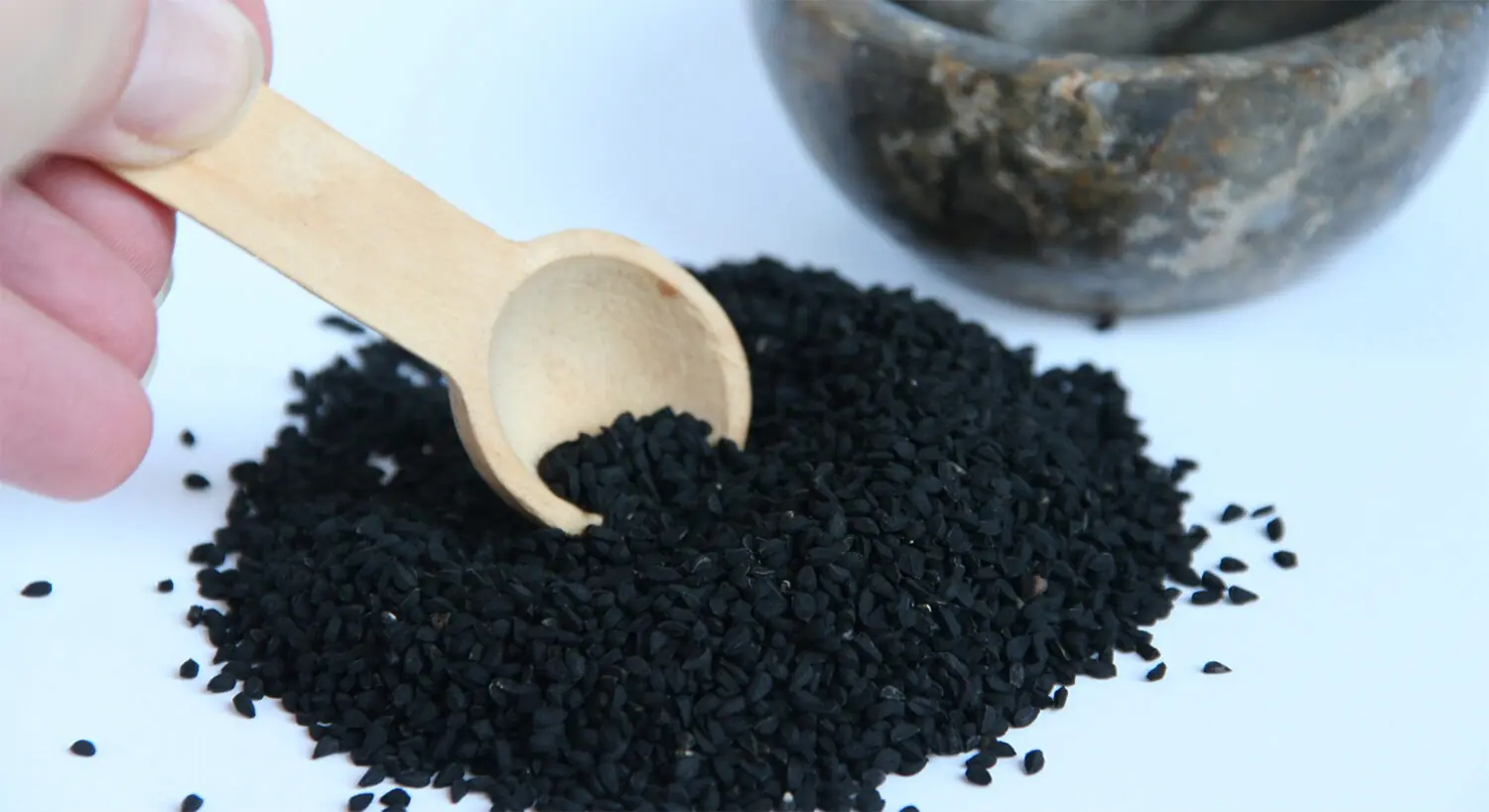
Plant in the Bible Said to Heal All Ailments

A Vegetable as Powerful as a "Miracle Herb" — A Natural Enemy of Cancer That Grows Freely in Gardens, Yet Many Overlook It

A 36-year-old teacher passed away from diabetes despite not liking sweets — doctor says it's due to 4 of her favorite foods.

Doctor issues urgent vape warning after 17-year-old develops irreversible 'popcorn lung' from popular habit

46-Year-Old Star Shares a Super Easy Anti-Aging Meal: “I’ve Maintained It for 19 Years”
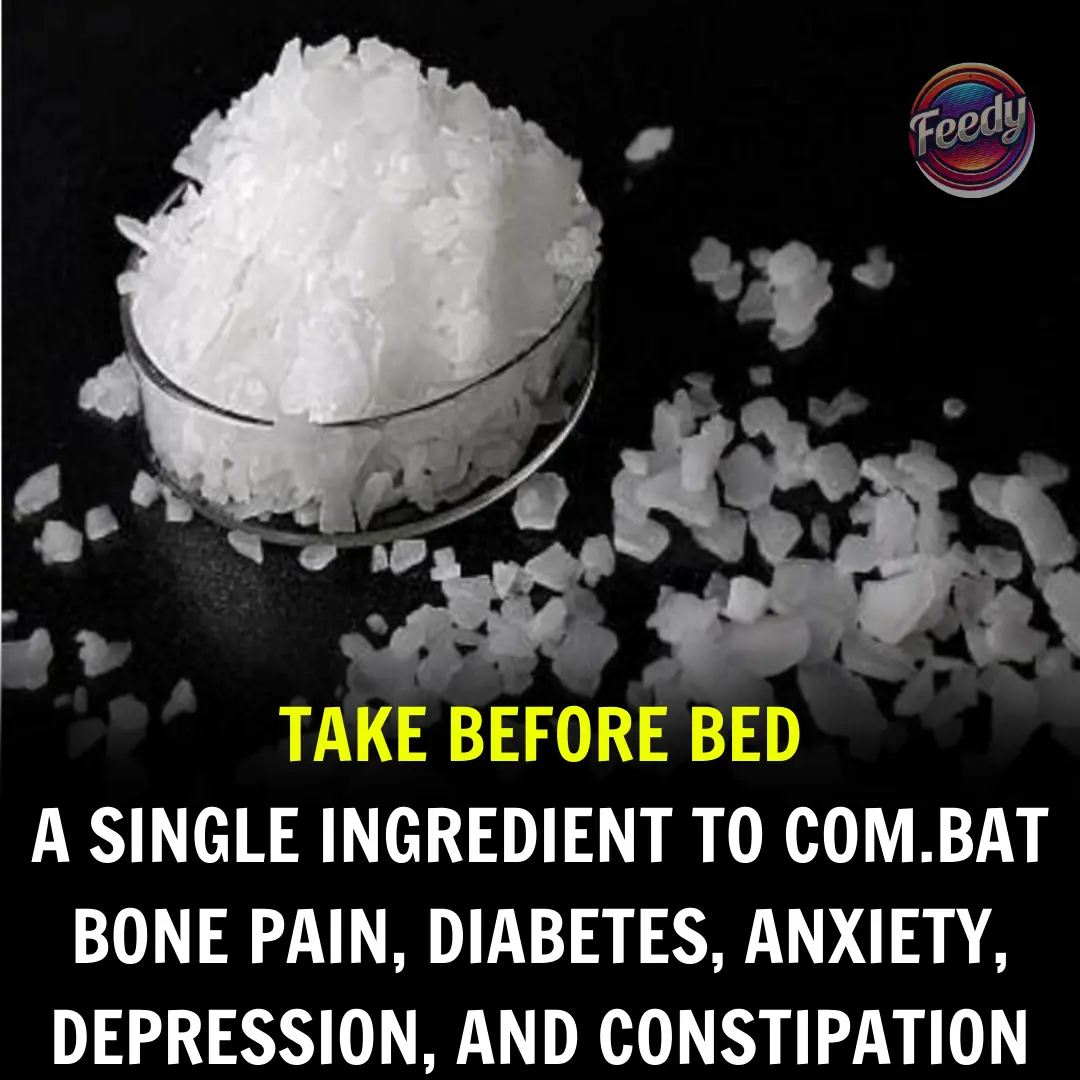
This One Superfood Could Tackle Major Health Issues—Here’s What You Need To Know

Scientists Create a Stem Cell Patch Capable of Regenerating Damaged Hearts
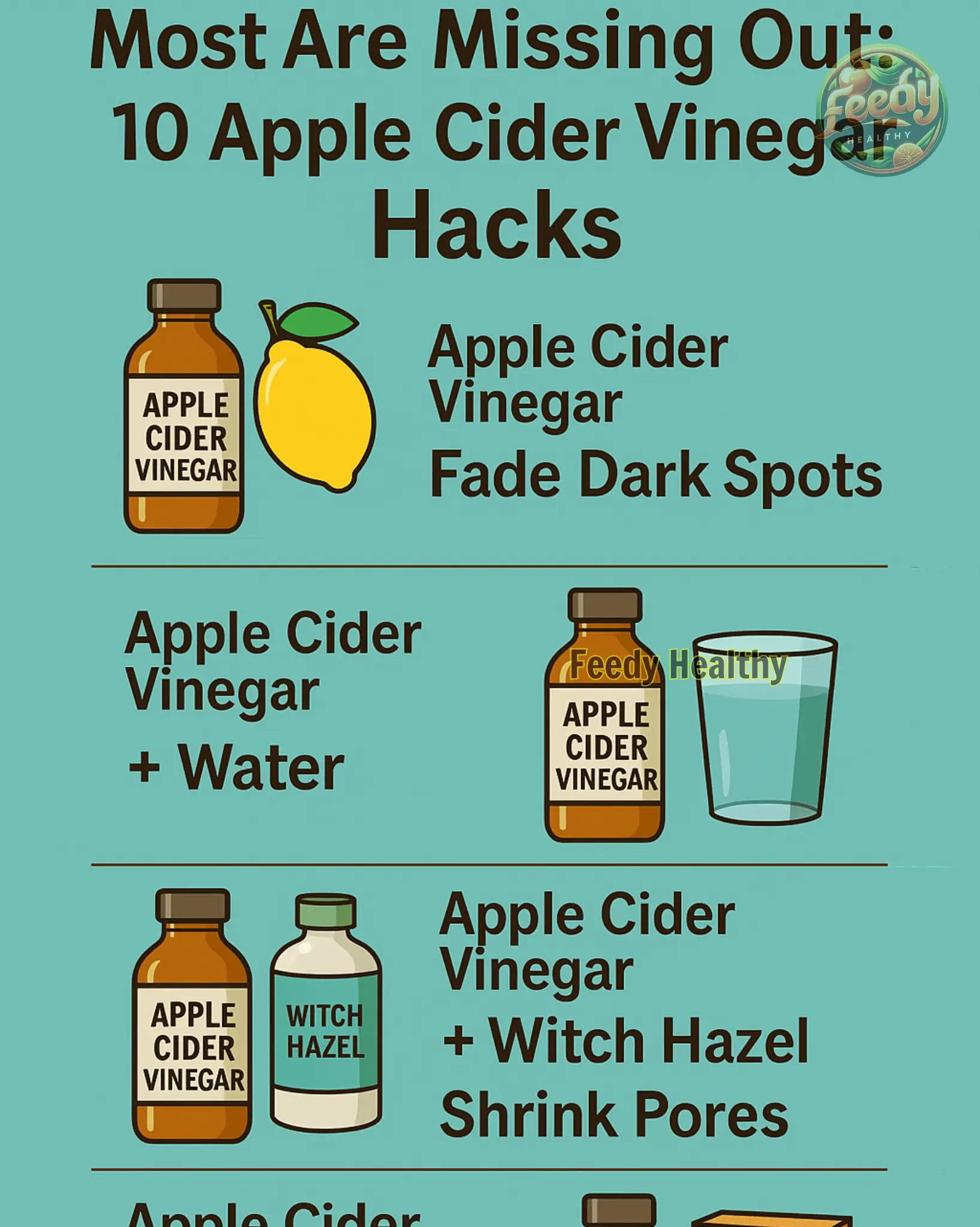
Most are missing out. 10 top apple cider vinegar hacks

Shingles Vaccine Guards Against Dementia, Study Reveals
News Post

Game Challenge: Find 15 Differences in 30 SECONDS!

Understanding a Cat’s Behavior: Why Does It Rub and Scratch Against You?

These 5 Popular Drinks Are Slowly Damaging Your Kidneys — Are You Still Drinking Them?

California Authorities Identify Human Remains As A 13-Year-Old Girl Who Vanished 50 Years Ago

Stephen Hawking said he had a simple answer when asked whether he believed in god

Find Pizza, Comb, Fork, Ice Cream...😊

I Meticulously Saved Every Penny for Our Dream Home—Only for My Husband’s Parents to Try and Claim It.

She Believed The Dog Had Numerous Bites, But The Doctor Examined It More Closely And Called The Police

My Ex-husband Got Our House, Car and All Our Money After Divorce – I Laughed Because That Was Exactly What I Planned

Can You Spot All 12 Differences? Let’s Find Out!

Homemade Korean Rice Face Cream For Wrinkle Free, Young Skin

Use This To Reverse Your Premature Grey Hair With Home Remedies

Woman Humiliated Me at a Restaurant, but the Next Day, She Appeared at My Door as My DIL…
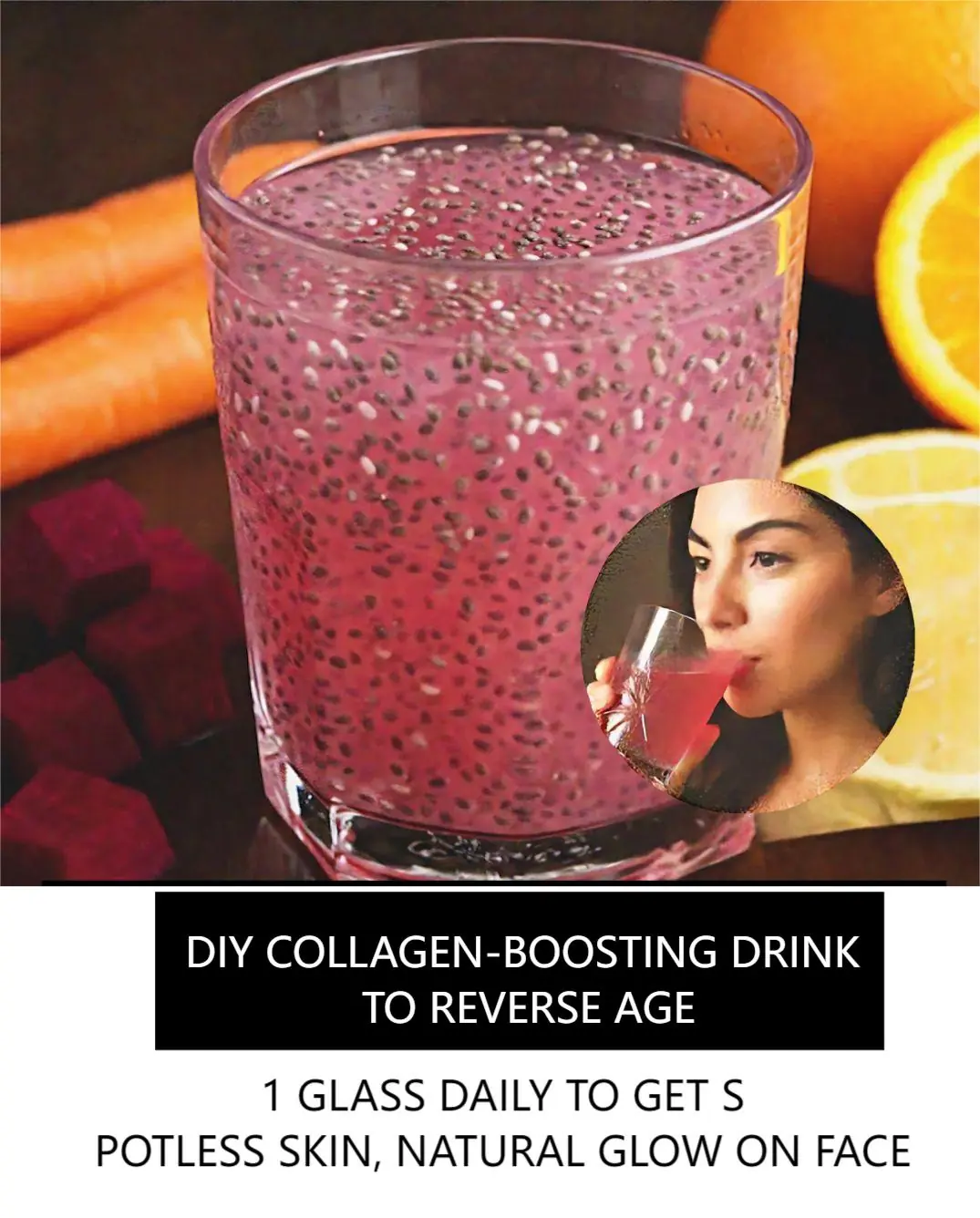
The only drink you need for glowing skin

Pope Francis is back at the Vatican after a five-week hospital

Homemade Tonic For Thick Hair Growth

A Pregnant Dog’s Miraculous Journey: How She Found Help at My Gate…
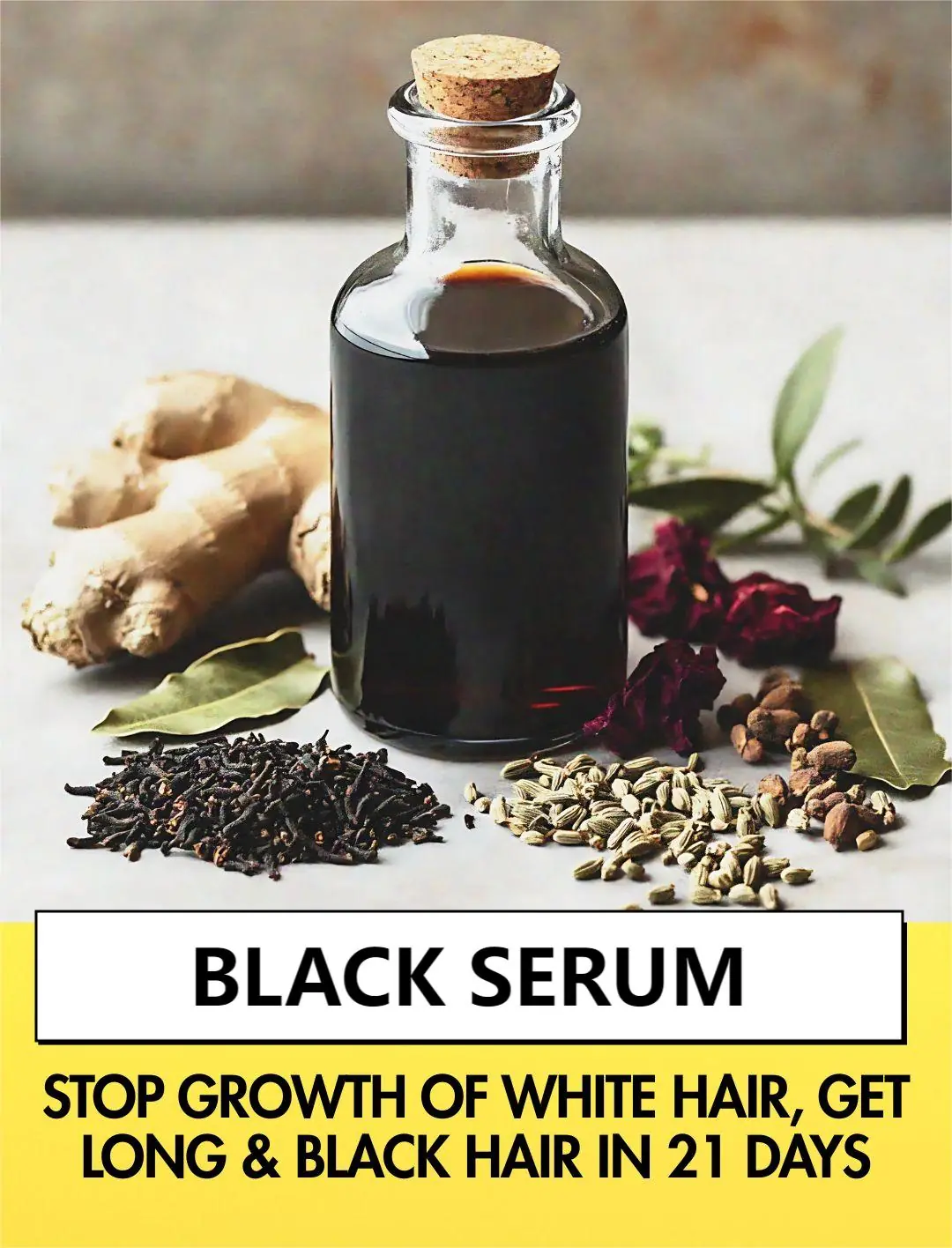
The Black Serum To Get Long, Black Hair

Transform your skin with vaseline and milk
